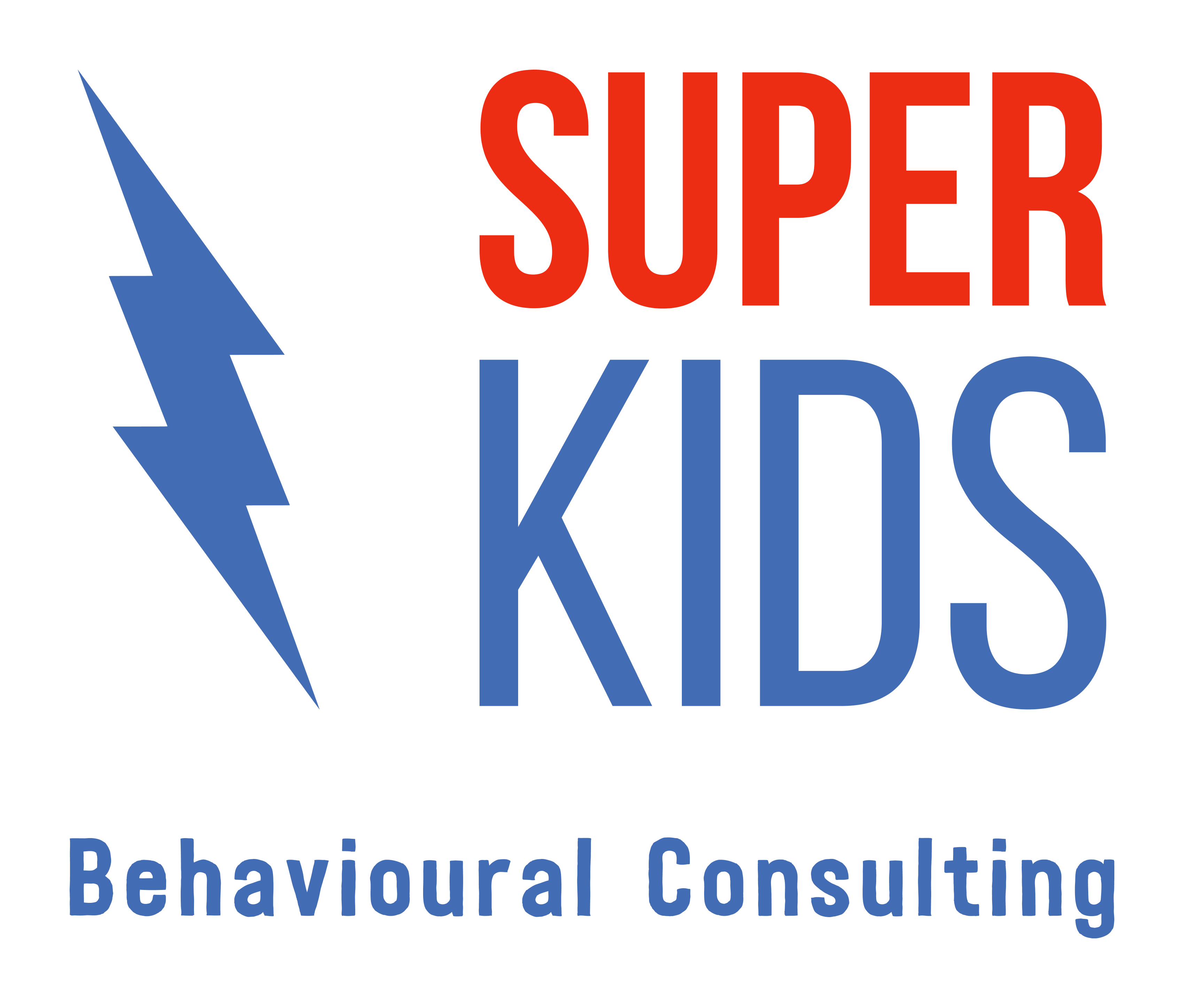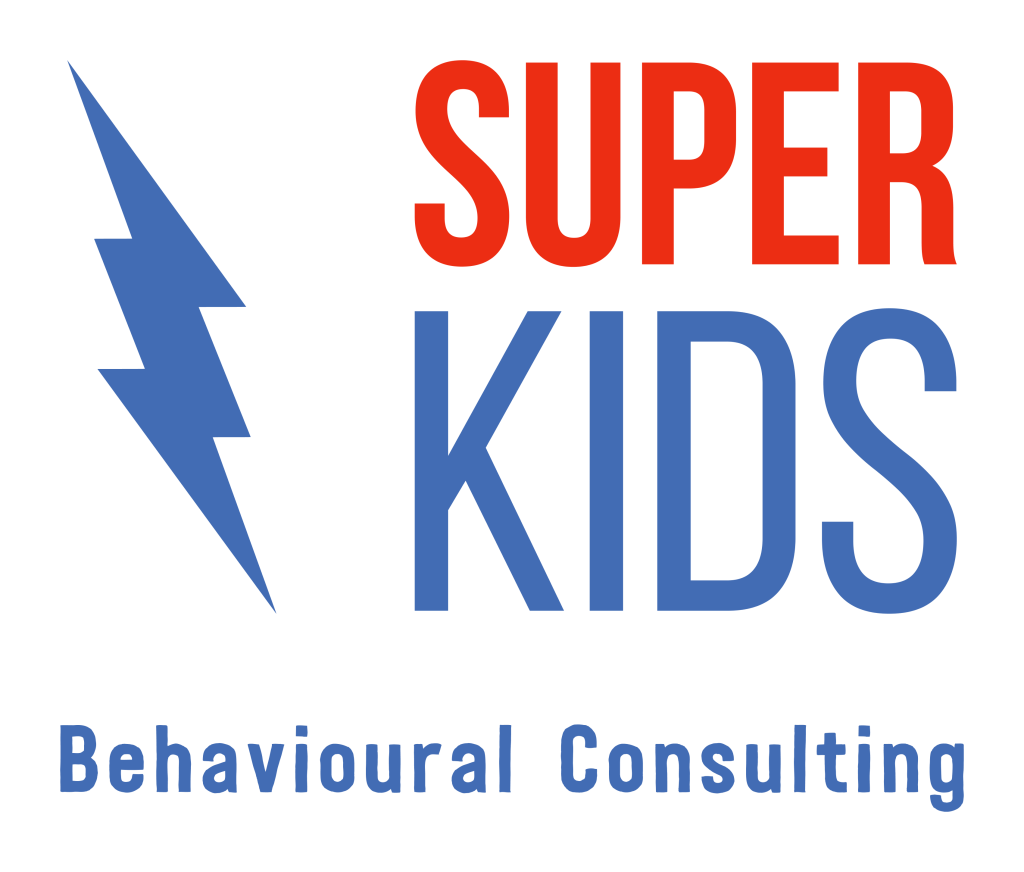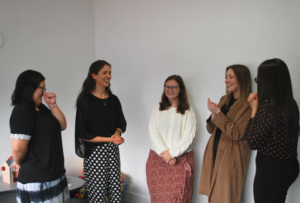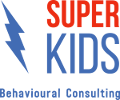Global Developmental Delay (GDD)

Renee Collins
Clinical Director

What is GDD?
Global developmental delay (GDD) is a broad diagnosis for children under the age of 5 who exhibit a delay in two or more developmental domains. Sometimes the terms ‘developmental delay’ and ‘global developmental delay’ are used interchangeably.
These developmental domains includes :
- Cognitive skills: the ability to think, learn, and deal with problems
- Speech and language skills: The ability to use, communicate, and understand
- Language
- Fine and gross motor skills: The ability to use small and large muscles in the body
- Social and emotional skills: The ability to express, connect, and relate to other people
- Daily living activities: The ability to handle daily tasks (i.e. dressing, eating, hygiene)
It is important to note that every child will develop differently and meeting developmental milestones is a complex process. For example, some children will crawl later than expected, but walk faster than expected. It is important to recognize individual differences are common, and global developmental delay is only diagnosed when a child is performing substantially below average across more than two areas. Developmental delays can occur in just a single domain
Usually health professionals use the term ‘developmental delay’ until they can work out what’s causing the delay and usually up until the age of 5 years. If and when they find the cause, they’ll use a term that better explains the child’s condition. This may include a learning disability, intellectual disability or cerebral palsy. Not all children with developmental delay will have a developmental disability. Developmental delays can be short term, such as during a phase of prolonged illness, or persistent.
Causes of GDD
There is no single cause of GDD but there are several factors that increase the risk of GDD, such as:
Genetic Disorders: Problems caused by the errors or changes in a person’s genes, for example, Down syndrome and Fragile X syndrome
Prenatal complications: Fetal alcohol syndrome, premature birth, low birth weight and trouble getting oxygen
Environmental issues: Poor nutrition, alcohol and drug exposure before and during birth, violent family environment, trauma
Medical conditions: Illnesses, chronic ear infections, vision problems, injuries with long-term effect
Intervention Options for GDD
Early intervention is important for GDD, as it can provide support and therapies that can significantly improve a child’s development and long-term outcomes. Early intervention may involve a combination of therapies, such as speech therapy, occupational therapy, and ABA therapy. These therapies focus on improving communication, social interaction, and adaptive skills, while also addressing challenging behaviours. Super Kids Behavioural Consulting provides individualised programs for children with GDD to help them develop new skills and overcome common barriers.
Where to go from here?
Below are some helpful resources on GDD and therapy options:
Super Kids acknowledges each individual’s personal preference to use identity-first or person-first language to describe themselves or their loved one. We interchangeably use both language conventions and therefore refer to both Autistic children and children with Autism.





